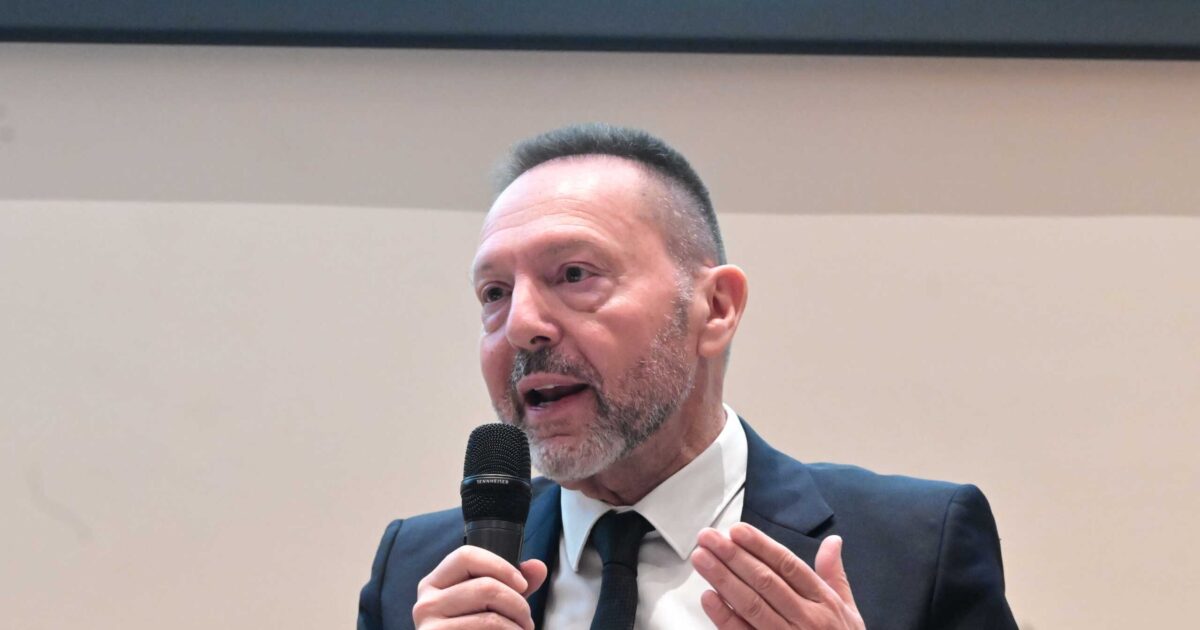Greece faces weaknesses and challenges in the implementation of investmentaccording to the Governor of the Bank of Greece (BoG), Giannis Stournara.
Mr Stournaras points out that the main prerequisite for increasing the volume of investment is the timely absorption of the resource Fund (RRF) resources (RRF), amounting to EUR 36 billion.
However, he stresses that given the posterior profile of resources to the actual economy and the limited life of RRF, it needs to be enhanced by the effort to implement investment plans in order to enable full achievement of the positive effects of this average on growth rate and the productivity of the economy in the coming years.
Specifically, as Yiannis Stournaras points out, this complex and volatile regulatory and administrative framework which often lacks transparency, increases the administrative burden for businesses, while the legal system is not enough effective and protective in terms of property rights. Regulatory barriers, underlying economy and limited access to funding, especially for small and medium -sized enterprises, are still a hindrance to competition, private investment and increasing overall productivity. The lack of a stable tax system is also among the main restrictions that prevent the development of Greek businesses.
The existence of significant obstacles for investment in Greece is also confirmed by an EIB research.
Greek companies are particularly concerned about the energy costs, the business regulation and financial uncertainty. It is also noted that the share of Greek companies facing restrictions on their external funding is significantly higher than the EU average (11.1% versus 6.8% in 2024). As a result, 3/4 of investments were funded with domestic resources in the last financial year (compared to 66% in the EU), which highlights the need to promote alternative sources of funding.
Giannis Stournara’s suggestions
According to Yiannis Stournaras, the effective operation of institutionN, such as the fastest administration of justice, as well as the fight against polynomial and malice, combined with the digital transformation of public administration, will limit uncertainty and administrative weight. A more effective regulatory and institutional framework that ensures the execution of contracts and protecting property rights will encourage investment projects.
At the same time The stability of the tax system And the provision of further tax incentives, such as accelerated depreciation and greater tax deductions for investment in research and development will enhance Greece’s attractiveness as an investment destination.
Also required Acceleration of reforms in the markets of goods and services which reduce entry barriers and limit oligopolistic structures. In addition, upgrading human capital, by improving education and training in new technologies will attract high value added investments and increase the productivity of production players, with multiplier benefits for the economy.
End, The best functioning of financial markets It will allow Greek businesses to access the funds required to grow and innovate. Greece can benefit from institutional interventions, such as the completion of the Banking Union and the creation of a European Union of savings and investment, which will secure economies of scale in available capital and smooth flow of investment across the EU.
The establishment of a common supervisory mechanism for EU capital markets, the integration of fragmented infrastructure of European financial markets and the standardization of products for private investors can mobilize both EU savings and foreign capital.
In addition, the securities market and the simplification of the relevant legislation can help attract investors. At national level, especially for small and medium -sized and start -up companies that do not have real guarantees, it is necessary to facilitate their access to alternative forms of funding through the capital markets, as well as through the use of the new microwave fund.
Are also urgently necessary Continuing to attract foreign direct investment (ASA), which increased by about 34% in 2024 compared to 2019 – reaching € 6 billion – which indicates their positive potential. Significant acceleration in the UAE can come from the faster implementation of the privatization program and the utilization of public property.
However, a crucial factor in investment is political stability. Increased global uncertainty and trade disputes are likely to change, in addition to commercial flows, and cross -border capital flows and the LCAs – this is a danger but possibly an opportunity for Greece.
